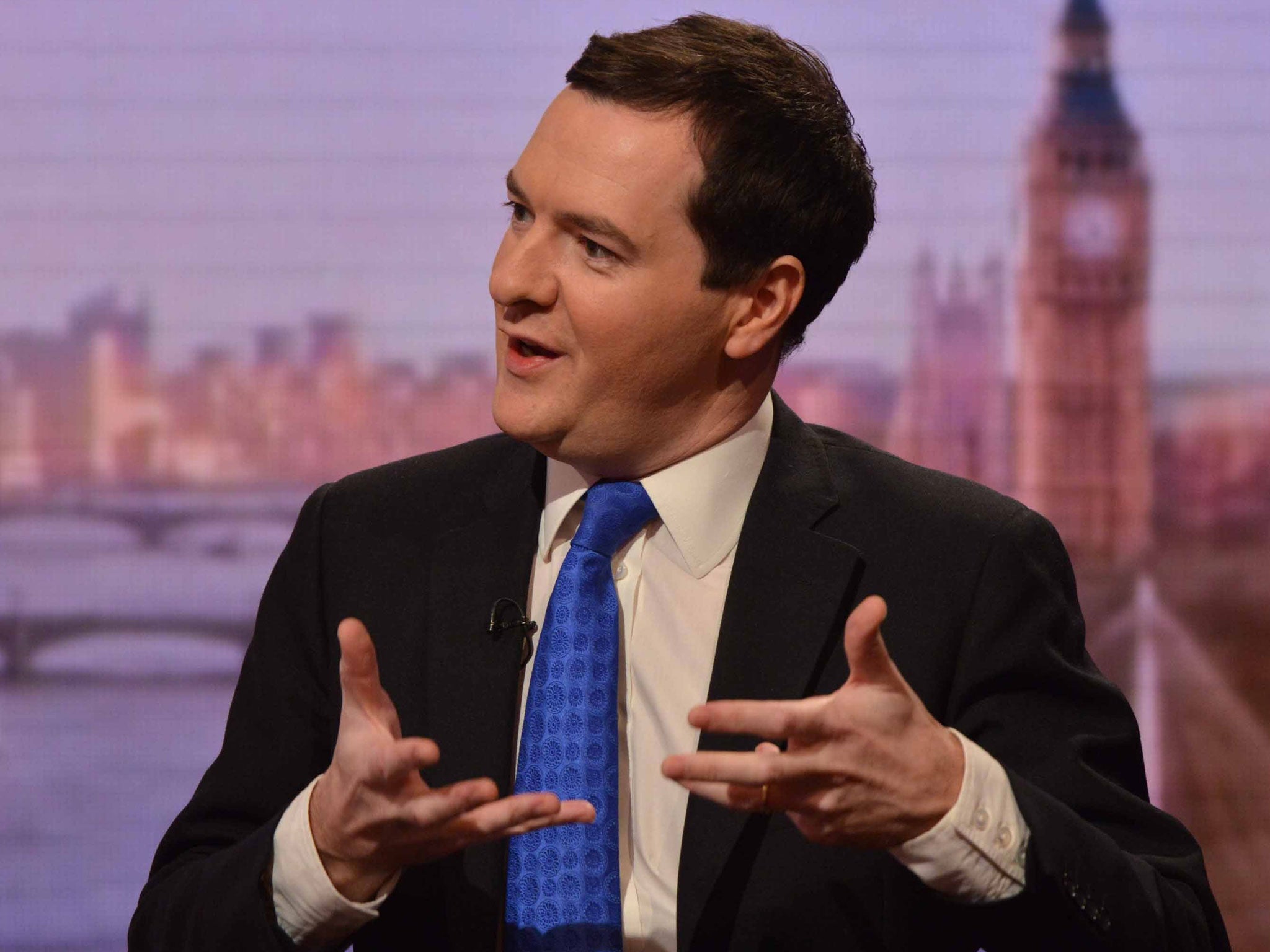Chancellor demanding more spending cuts from departments to fund Autumn Statement giveaways

Your support helps us to tell the story
From reproductive rights to climate change to Big Tech, The Independent is on the ground when the story is developing. Whether it's investigating the financials of Elon Musk's pro-Trump PAC or producing our latest documentary, 'The A Word', which shines a light on the American women fighting for reproductive rights, we know how important it is to parse out the facts from the messaging.
At such a critical moment in US history, we need reporters on the ground. Your donation allows us to keep sending journalists to speak to both sides of the story.
The Independent is trusted by Americans across the entire political spectrum. And unlike many other quality news outlets, we choose not to lock Americans out of our reporting and analysis with paywalls. We believe quality journalism should be available to everyone, paid for by those who can afford it.
Your support makes all the difference.George Osborne is demanding a round of last-minute spending cuts from Whitehall departments to fund more than £2bn of giveaways in his Autumn Statement on Thursday.
The Chancellor has angered Conservative and Liberal Democrat ministers by asking for emergency savings on the eve of his statement so that he can balance the books. The departments under pressure include the Home Office, Justice, Defence, Business and Work and Pensions.
Mr Osborne’s move has reopened a Cabinet debate over the previous decision to ring-fence the NHS, schools and overseas aid budgets, meaning any extra savings must be found from the non-protected departments that have already suffered cuts announced since 2010.
Although Cabinet sources say a deal will be done by Thursday, one said there was resentment that Mr Osborne had launched a “mini spending review” to finance moves to cut domestic energy bills by £50 and populist measures announced at this autumn’s Tory and Liberal Democrat conferences. These were scrapping a rise of almost 2p a litre in petrol duty due next September (£750m); bringing in free school meals for all five-to seven-year-olds (£700m); and rewarding marriage in the tax system (about £700m).
About £1bn could be raised from a new crackdown on tax avoidance that is likely to affect rich individuals and companies. But extra savings from some departments, and under-spending by others, will be needed to make the Chancellor’s sums add up.
Nick Clegg and Vince Cable, the Liberal Democrat Business Secretary, are said to have fought off a Treasury attempt to shave the budgets for growth measures, skills training and finance for small businesses. An extra £250m will be handed to the British Investment Bank to help small and medium-sized firms.
The Chancellor also wants to help small firms like shops by shelving plans to raise their business rates in April.
Mr Osborne hinted at his new round of cuts on the BBC’s Andrew Marr Show: “People know the job [on the deficit] is not done… I’m going to have to take more difficult decisions this week because ultimately you can’t will your country’s public finances to be in better shape.”
He said he was confident the energy companies would pass on to their customers the £50 average cut in bills.
Under the plans, house-buyers could receive a £1,000 government grant to insulate their homes if such work is needed. The cost of the Energy Companies Obligation, which provides free insulation for low-income households, could be halved by phasing it in more slowly. The warm homes discount, which reduces the energy bills of pensioners and vulnerable groups by £135, could be funded by general taxation rather than gas and electricity charges.
Firms carrying out insulation work warned jobs would be lost and that it would be counter-productive to delay a scheme which would cut energy bills in the medium term. The Green Alliance, in a report published on Monday, said that at current rates it would take 24 years to insulate all “easy to treat” lofts and cavity walls and 770 years to treat more difficult properties.
Labour said energy bills have risen by £120 this winter alone, so that even with a £50 cut, charges will still be higher this winter than last. Ed Miliband, whose pledge to freeze bills for 20 months sparked the Government’s response, will dismiss it as a “cosy deal with the energy companies”.
In a speech in Milton Keynes today, he will argue: “A lot of people think that David Cameron and George Osborne are trying to catch up with One Nation Labour on the cost-of-living crisis. But the truth is they are struggling to catch up with the British people who live at the sharp end of an economy where the link between the wealth of our nation and family finances has been broken.”
Join our commenting forum
Join thought-provoking conversations, follow other Independent readers and see their replies
Comments